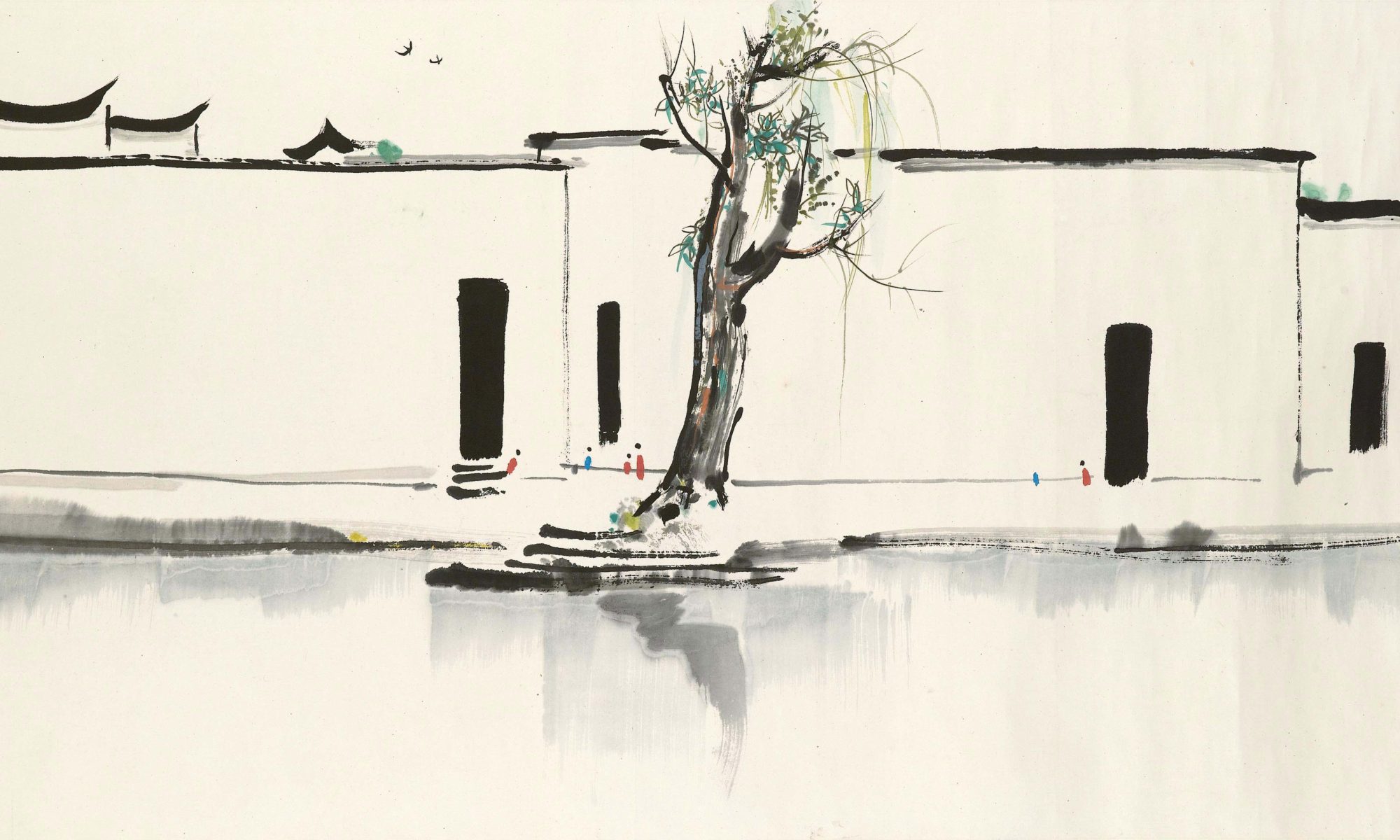
Count Alexander Ilyich Rostov was the luckiest man in all of Russia according to the omniscient narrator in A Gentleman in Moscow. Considering the whole Czars Romanov family was locked up and later murdered by the Bolshevik, Count Rostov was really having the best time living in the most elegant hotel in Europe during the worst time in Russia for being an aristocrat, even against his will.
For a counter-revolutionary poetry, the Count was sentenced to house arrest for the rest of his life, and his home was the Metropol Hotel. The Metropol Hotel was built during the late 19th century and opened in 1907. The elegance and grandeur of the hotel are comparable to the Plaza in New York and the Grand Budapest. The hotel, in a way, bears the nostalgic symbol of the colonialistic and the aristocratic decadence of the 19th century. Count Rostov was part of the club. While the contemporary of the Count were either escaped to other parts of Europe or endured terrible persecution, the hotel served almost like a time capsule for Alexander that is frozen in time and unaffected by the upheaval of the revolution outside its door.
The most attractive part of the story is that not only the reader is given a taste of the 19th-century upper-class experience with the luxury dinner, the butler, the tea, and the hand delivered mail to your suite. All through this decadence, we are also offered a light splash of reminder here and there of one of the most historically significant events is happening concurrently. The typical, or should I say stereotypical, USSR motifs for the Western readers, the KGB, the suppression of the media and art, and the foreign spies are all presented. However, they are only there to serve as decorations of the story.
The idea that the Count is the luckiest man in all of Russia surfaced when being entangled in an accident in which the Count illegally left the hotel for a brief period and got a glimpse of the transformed Moscow in 1946, almost 20 years after the revolution started. He shed his tears when he returned to the hotel. Most of us would assume that the Moscow the Count sees must be like a rundown ruin that saddened him. Rather, the narrator tells us that “the finer buildings had been lifted and set back…to accommodate the official parades that ended in Red Square…and a new ordinance required buildings on first-rate streets stand at least ten stories tall.” So Moscow has been transformed but not for the worse. It is just unrecognizable by the Count, one of the aristocrats that hold most of the wealth and power in the Russian empire.
Therefore, will it be more accurate to say that Count Rostov was the luckiest aristocrat in all of Russia? At the same time, the rest of the 98.9% of the population cheered for a better future after a few hundred years of oppression? It really depends on whether you are the 1.1% or the 98.9%.

